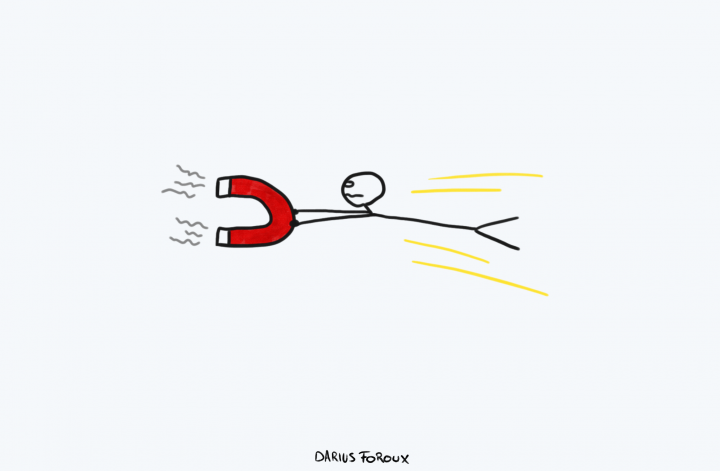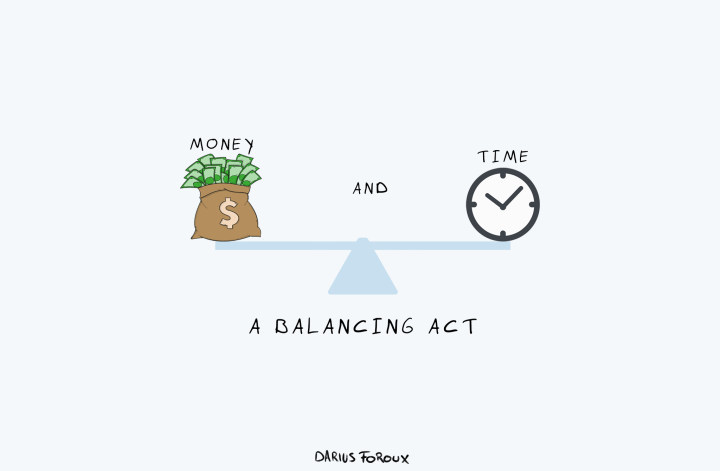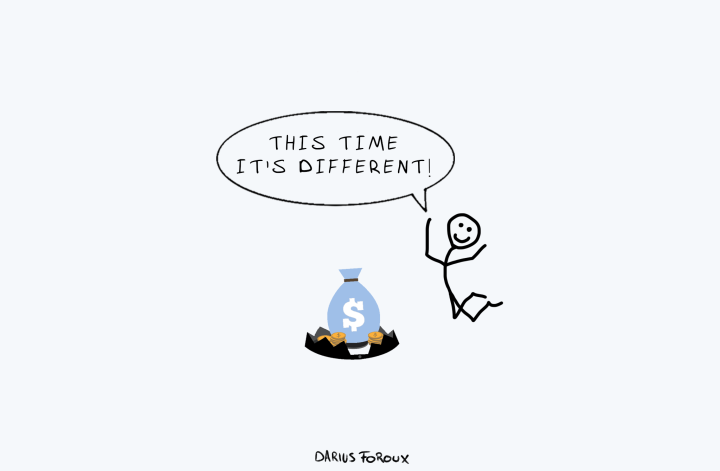In Eastern philosophy, particularly in Buddhism, there’s a powerful concept called Nekkhamma.
This Pali word is usually translated in English as “renunciation,” in relation to desires. When people talk about Nekkhamma, they usually talk about giving up desires so you can live free from that type of pull.
It’s an extremely subtle concept that you can interpret in many ways. To me, it’s all about non-attachment—not to be confused with detachment. I learned about this distinction from the writer and teacher, Joseph Goldstein, who is one of the first Mindfulness meditation teachers in the US.
He has a series of lectures on the Waking Up app, based on his meditation retreats. In a lesson called “Wisdom of Impermanence,” he talks about non-attachment, and why you want to aim for that over detachment.
The way Goldstein describes it, non-attachment is about not holding on to anything that happens in life, whether those are experiences, events, or thoughts. That’s the difference with detachment, which means you pull away from something. Applying this concept in your life will have a huge difference in the way you live.
Let me give you an example. When I started learning more about Eastern philosophy and meditation, I thought the road to freedom and happiness was to detach myself from things.
When I experienced something that didn’t match my values, I would distance myself from it. I would also have discussions with people in my life around philosophy and beliefs. I often found myself explaining the ideas of Eastern philosophy to others who weren’t into it.
Several years ago, my girlfriend at the time commented that I spent a lot of time reading. I didn’t understand what she was trying to say, so we had a whole discussion about why you should or should not read. It turned into a sour episode of a debate show. She was against reading a lot, and I was in favor.
I wanted to detach from the situation but the more I tried, the more I got stuck in the argument. After a while, we both got tired and agreed that I do read more than normal people.
If I’m in a non-attached state of mind, an argument like that will not happen. Non-attachment means you let things pass. You simply acknowledge them. In this case, I would say, “You’re right. What’s on your mind?” She simply wanted to talk about how we could spend more time doing things together.
Adopt a non-attached mindset
When you’re attached to certain ideas and beliefs, you can try to detach them, but it doesn’t work. That’s why a lot of people don’t see the benefits of practicing Eastern philosophy, Buddhism, or Mindfulness. They are too attached.
Instead of detaching yourself from things, adopt a different mindset: Practice non-attachment.
Don’t hold on to anything, not even things that you think are important. We all have a vision of ourselves in our minds, and we often want to protect it. “I’m smart, considerate, reliable,” and so forth.
If you see yourself as a person who’s always considerate, and someone calls you an asshole, you probably experience a range of emotions and thoughts. Your natural urge is to show them they’re wrong. So you try to pull away from that experience by trying to demonstrate how considerate you are.
If you practiced non-attachment, you simply would let that experience pass without holding on to it. When you meditate, you learn to observe your thoughts without doing anything, without judgment. You keep looking at the thought until it magically disappears by itself.
This is the way I go through life: As someone who simply experiences life. Doing this has helped me attain inner peace over the years. If someone says something you don’t like, look at your thoughts without acting on them. When you’re stuck inside your own head and you’re repeating the same thoughts around, let’s say, your future, don’t react.
Avoid feeding the mind.
If you don’t hold on to anything, you can go through life peacefully. That doesn’t mean you never react. If someone steals your stuff, you can still press charges. Or when you need help, you can actively seek it out.
Non-attachment is an important concept in our day-to-day lives when we tend to react too much.
Give it a try. The next thing you experience that causes inner turmoil, avoid giving in to the urge to fight it or to pull away. Don’t actively do anything. Just let it pass by like clouds on a windy day.




